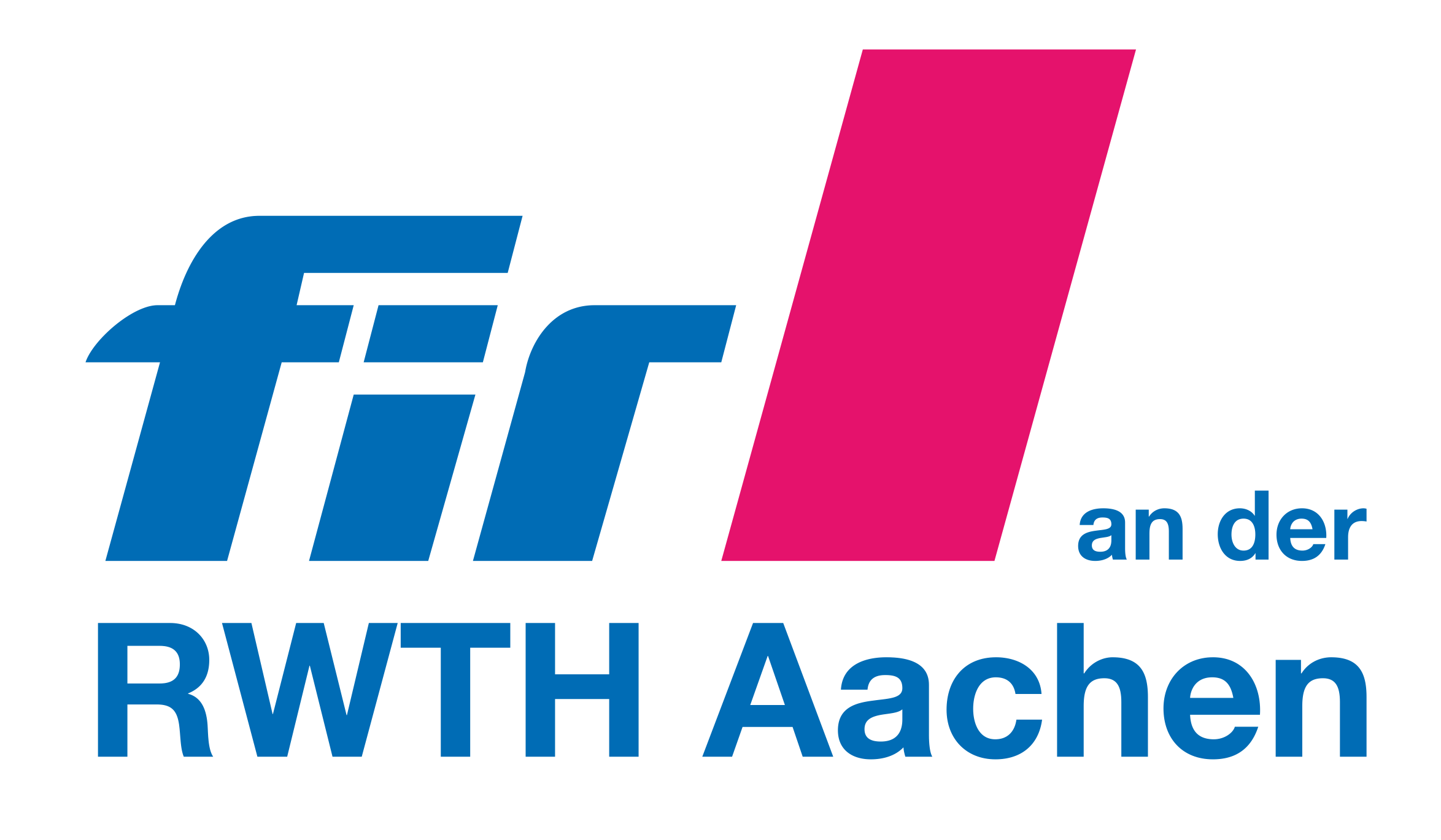Eco2Production
Ecological and Economical Production

As a follow-up project of eco2-cut, eco2production was aiming to support companies in their goal to achieve an holistic optimization of their energy consumption. Therefore the following 4 objectives were given: Development and implementation of an energy-monitoring-concept, benchmarks of machines and processes as the foundation for the energetic optimization of the value chain, formulation of the necessary modules of an energy-management-system and the development of an energy efficient production planning.
Firstly a concept of an holistic energy-monitoring-system was developed and secondly it was tested and improved on the shop-floor. Thus the biggest drivers of energy consumption were identified and the saving potential analyzed. After the adjustments it was possible to assess the feasibility and investment costs. For SMEs planning to introduce an energy-monitoring this information was crucial, because it enabled them to plan their investment very precisely and efficient while minimizing the risk.
In several EU Member States the ISO 50001 certificate is about to be obligatory, therefore it was planned to develop criteria from the investigation results to support SME in the certification process. Furthermore it was a part of the research project to carry on the evaluation of machine and process benchmarking. On basis of key performance indicators, which was developed through standardized methods, the calculation of the necessary energy for a given process was derived. This enabled a decision based on founded and quantitive results and not the intuition of individual employees. Linking machines complicated the process and the interdependence between them was non-linear. This independences had a great influence on the production line and hardly hadn’t been investigated in the past.
In eco2production this systems had been deeply investigated. Furthermore with help of the energy-monitoring-systems and the data from the machine and process benchmarks the predictability of the energy consumption was achieved. This permitted to buy energy for the future to cheap market prices. Besides founding on production simulations an energy efficient sequence planning and batch size calculation was possible. Finally an energy management system could be developed which is in modules adaptable to different industrial sectors and company sizes.
Project partners
Topic Area
- Production Management
Research Focus
- Informationslogistik



